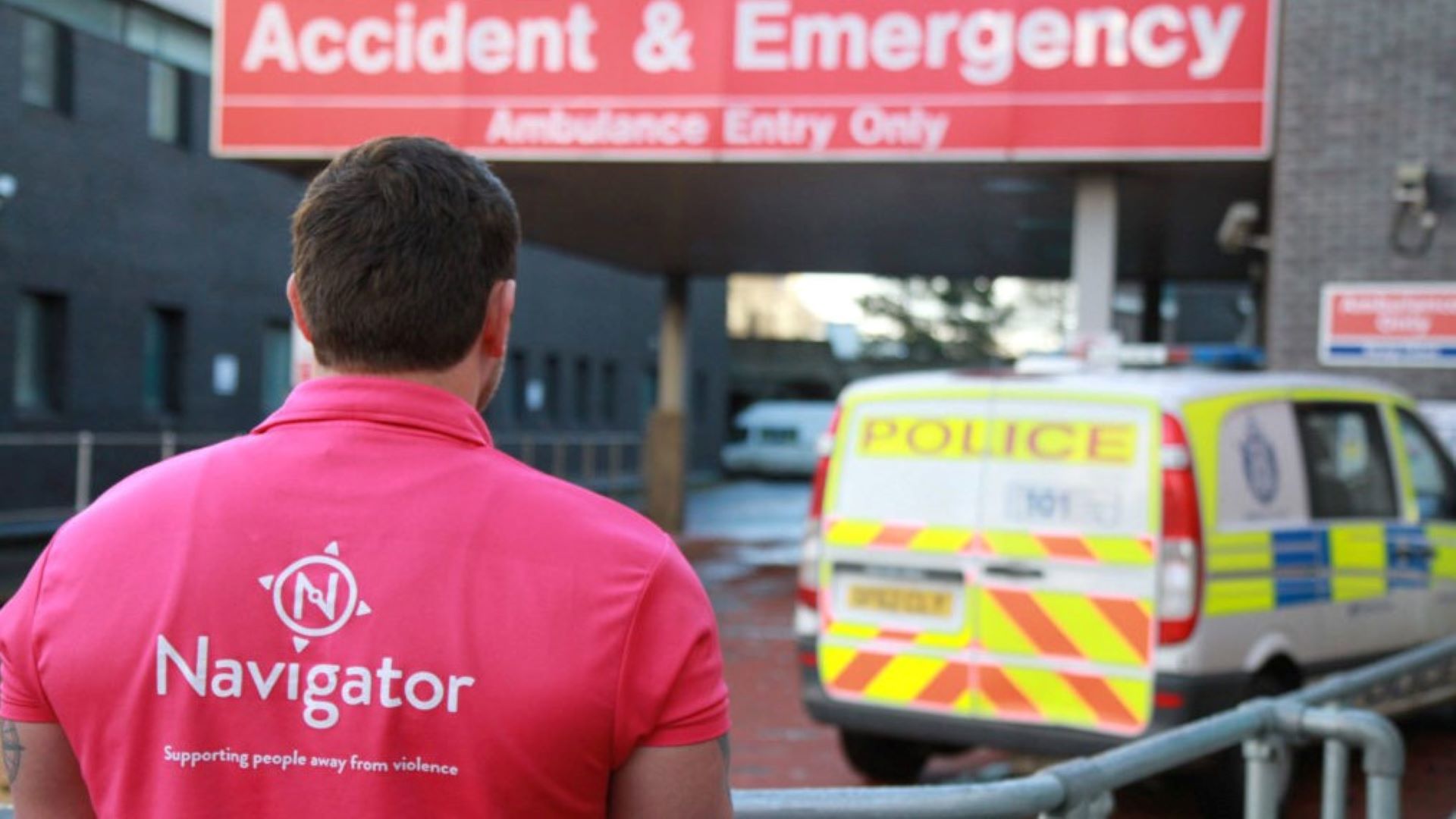In 2005, Glasgow was named the ‘murder capital of Europe’. With spiralling violent crime rates, Scotland saw 137 homicides in that year alone. It pushed Strathclyde Police to rethink their approach to the problem. What emerged was the Violence Reduction Unit (VRU) – a groundbreaking project set up to treat violence as a disease, with a root cause to be cured.
Its empathetic approach – working with deprived communities and letting go of a punitive view on fighting crime – produced remarkable results. Scotland’s homicide rate had dropped to 59 by 2018 while authorities across the UK and around the world took inspiration from the VRU’s public health approach to stemming knife deaths.
“That approach we see elsewhere – high-vis yellow jackets, stop and search, high-tariff prison sentences for offenders – it works for a short time in stopping the carnage but it doesn’t bring long-term change,” VRU director Niven Rennie tells The Big Issue.
It’s like looking for a vaccine. If it works, you roll it out. If it doesn’t work, back to the drawing board
The VRU began life as a policing initiative, but it soon partnered with the health, education and social services sectors. Its Navigators project, spanning Edinburgh, Glasgow and Ayrshire, works in hospitals to identify people caught up in a cycle of violent crime. From victims of gang violence to domestic abuse survivors, they offer support to those who need it and connect patients to services outside the NHS that can help them.
Director Rennie sees parallels between how the VRU operates and how the Covid-19 crisis is being tackled. “When we say we treat violence like a disease, it means we research how it’s being transmitted, just like the pandemic. You hone in on the factors that are causing it then come up with a solution.”
He adds: “It’s like looking for a vaccine. If it works, you roll it out. If it doesn’t work, back to the drawing board.”










